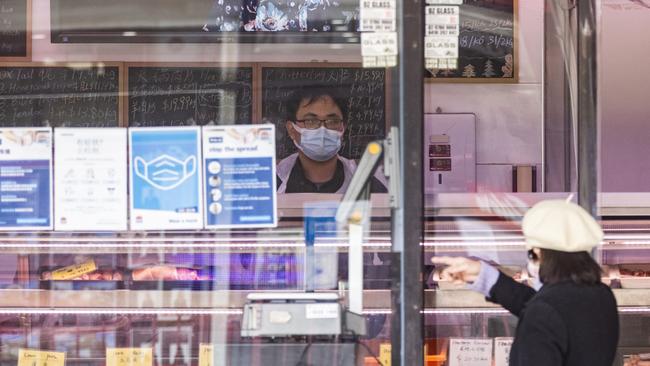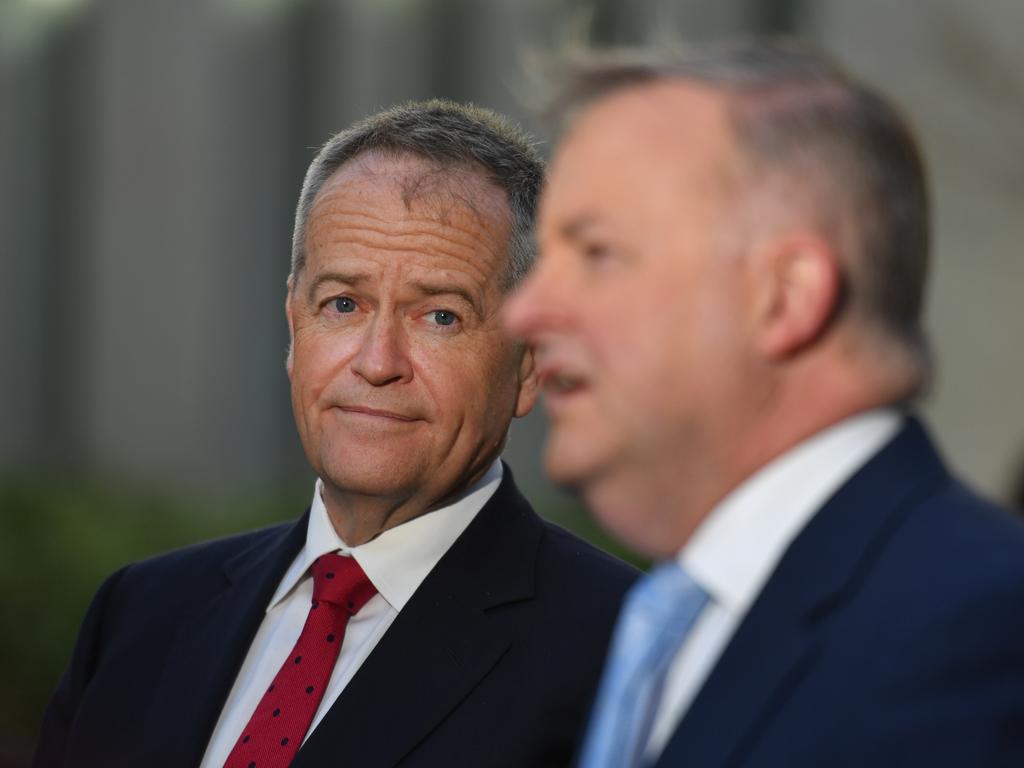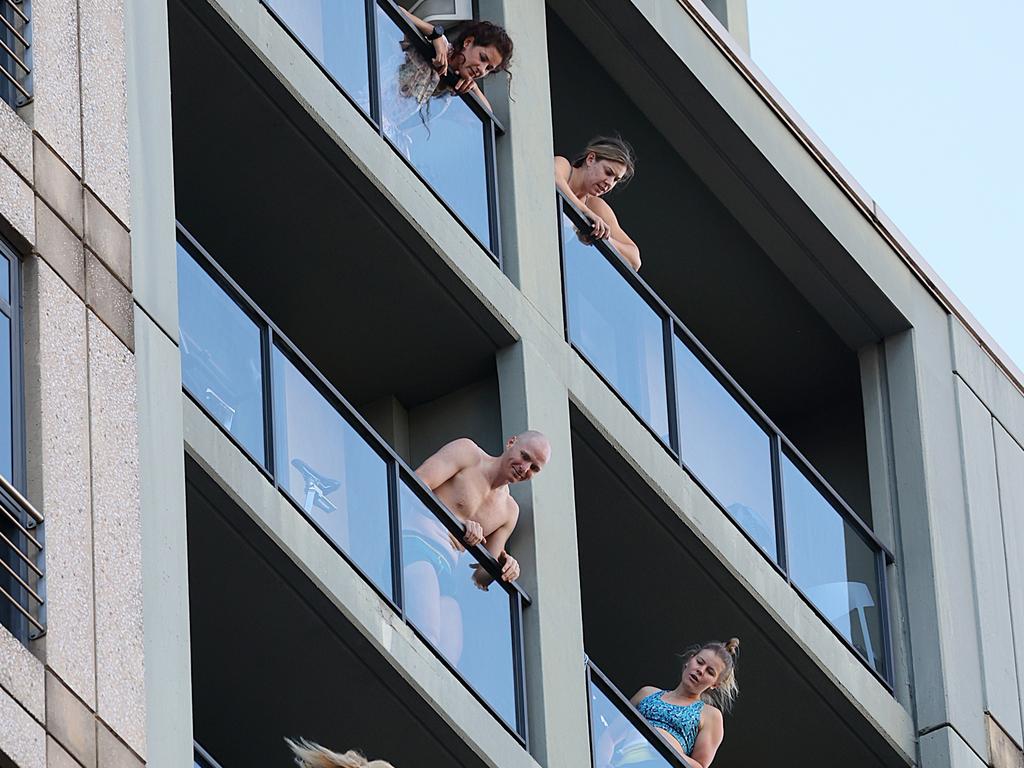Employers at the pointy end of Covid compo war
The case of a Sydney dental entrepreneur who travelled to the US for work, caught Covid and died with $11m in medical expenses should be a wake-up call.

Politicians and commentators can see the world through the prism of politics, with a culture war focus. Their position is all care, no responsibility.
In the world of industry and employment, ideology is a luxury no one can afford. Here are some sobering figures to focus the mind.
At last count, the numbers were 1222 and rising. These are not infection numbers, but Covid-related workers’ compensation claims. They were provided by Safe Work Australia in May this year, for claims lodged between January and December last year – remember, the pandemic impact was felt from March onwards.
Of these claims, 974 were accepted, and 121 were pending. Only 127 were rejected. Of the claims, 826 were for workers catching the virus, 212 were for mental health impacts related to the virus, and 57 were related to testing or isolation requirements. The healthcare and social assistance industry dominated, with 751 claims, 114 came from public administration and safety, 55 from education and training, and 42 from transport, postal and warehousing.
Professionals made the most claims, totalling 43 per cent of all claims made, with community and personal service workers next, at 30 per cent.
Of the claims, 809 came from Victoria, reflecting the high numbers of infections last year; 161 came from NSW, 55 came from Tasmania, 40 came from Queensland, 12 came from WA, nine came from SA, four from the NT and only one came from the ACT.
In 2021, the figures will be much greater, and largely focused in NSW. On Thursday, there were 12,286 locally acquired and active Covid cases in the state. A legislative amendment passed in NSW last year gave presumptive rights to vast numbers of workers. This means anyone with the virus who has a job in certain defined industries and is presumed to have caught the virus at work, is thus covered by workers’ compensation.
If we say around half of those with the virus in NSW have jobs, then employers may anticipate 5000 claims this year, to date. However, we have four months of the year to go, with infections rising now by over 1000 a day.
According to the State Insurance Regulatory Authority, up to August 20 this year, there have been 759 Covid-19 workers compensation claims and notifications. There is no data available on claims approved, or rejected.
As to the how the cost of claims can bite, consider a recent decision from the NSW Personal Injury Commission (NSWPIC).
In July last year, a dental entrepreneur from Sydney travelled to the US for work.
While in New York, he became ill, tested positive for Covid-19 and was hospitalised from July onwards. Sadly, he died in November. Staggeringly, the total medical expenses exceeded $11m.
The employer’s insurer denied liability, claiming the illness (and subsequent death) were not a consequence of employment. The insurer claimed the virus could have been a result of socialising after hours.
However, the NSWPIC concluded the man was infected with Covid-19 between the time he boarded his flight in Sydney and arrival at his hotel. As this was “work-related travel”, his employer – and insurer – were liable for the costs. In addition, a death payout of $834,000 was awarded
This case is a complex one, because of the travel and the employment structure of the applicant. It is precedent-setting and may be appealed. Nevertheless, the writing is on the wall.
When an employer has a workers’ compensation claim made against them, the premium for their cover usually goes up the next year. Once we open up society, premiums in some businesses could become unaffordable very quickly. Some industries have their own insurance schemes. If their industry is hit hard, their schemes will incur potentially catastrophic costs.
When considering all of the above, it is foreseeable that the vast majority of businesses will not be able to have unvaccinated people in their premises. Employers will have no option but to do everything possible to ensure their workers are not exposed to the virus. Of course, vaccinated people can still get the virus and pass it on, but that is not the point; the point is that employers must do everything within their power to prevent disease in their workplace.
This means that compulsory vaccination in vast numbers of workplaces will occur, from here on. When all workers are vaccinated, it doesn’t make sense to allow unvaccinated customers in, to put them at risk. Those working from home may be exempted, but home workplaces are the responsibility of employers too. In any case, they may never be allowed to mix with their co-workers, even at work-related social functions.
Our society is likely to become highly vaccinated. The belligerently opposed may remain a small cohort and become a burden we cannot afford to carry. Soon, they will find themselves on the wrong side of a locked door.






When it comes to the pandemic, some can afford an ideological viewpoint. They can rail against restrictions and demand we start “living with the virus”. At the same time, they may oppose compulsory vaccinations in employment settings and “vaccine passports”, citing freedom, liberty and choice.